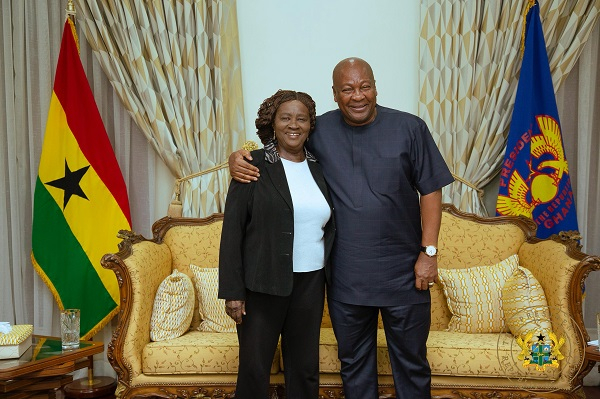FcRn-silencing of IL-12Fc prevents toxicity of local IL-12 therapy and prolongs survival in experimental glioblastoma
Glioblastoma remains a challenging indication for immunotherapy: the blood-brain barrier hampers accessibility for systemic treatments and the immunosuppressive microenvironment impedes immune attack. Intratumoral therapy with the proinflammatory cytokine interleukin-12 (IL-12) can revert immunosuppression but leakage into the circulation causes treatment-limiting toxicity. Here we engineer an IL-12Fc fusion cytokine with reduced binding to the neonatal Fc receptor FcRn. FcRn-silenced IL-12Fc avoids FcRn-mediated brain export, thus exhibits prolonged brain retention and reduced blood levels, which prevents toxicity. In murine glioblastoma, FcRn-silenced IL-12Fc induces more durable responses with negligible systemic cytokine exposure and boosts the efficacy of radio- and chemotherapy. It triggers anti-tumor responses independently of peripheral T cell influx or lymphopenia and leads to inflammatory polarization of the tumor microenvironment in patient-derived glioblastoma explants. FcRn-silencing of IL-12Fc may unlock the full potential of IL-12 for brain cancer therapy and could be further applied to containing the activity of other therapeutics targeting neurological diseases.
© 2025. The Author(s).
Competing interests: The here described compartment-locked IL-12Fc is covered by patent applications WO2020201167A1, WO2020201168A1, and EP24195766 of the University of Zurich, licensed to InCephalo AG. This results in a conflict of interest for coauthors L.S., B.T., M.B., S.D., S.S., T.B., and J.v.B. as co-inventors and/or employees of InCephalo AG. T.B., G.H., M.B., and J.v.B. have equity interests in InCephalo AG. J.v.B. has received speaker fees from Bristol-Myer Squibb. M.A.S. and I.Z. are shareholders of Linkster Therapeutics AG. U.S. has received employee options in Anaveon AG. E.S.W. is an inventor or co-inventor on patents describing antibody repertoire technology (owned by Medical Research Council, UK), half-life extension technology, Abdeg technology, targeting the HER2/HER3 axis, and detection of phosphatidylserine-positive exosomes (owned by UT Southwestern Medical Center or jointly by UT Southwestern Medical Center and argenx BV). E.S.W. is a co-inventor on pending or issued patents describing engineered antibody-drug conjugates and selective depletion of antibodies (jointly owned by UT Southwestern Medical Center and Texas A&M University). E.S.W. has a financial interest in Argenx BV. The remaining authors declare no competing interests.








